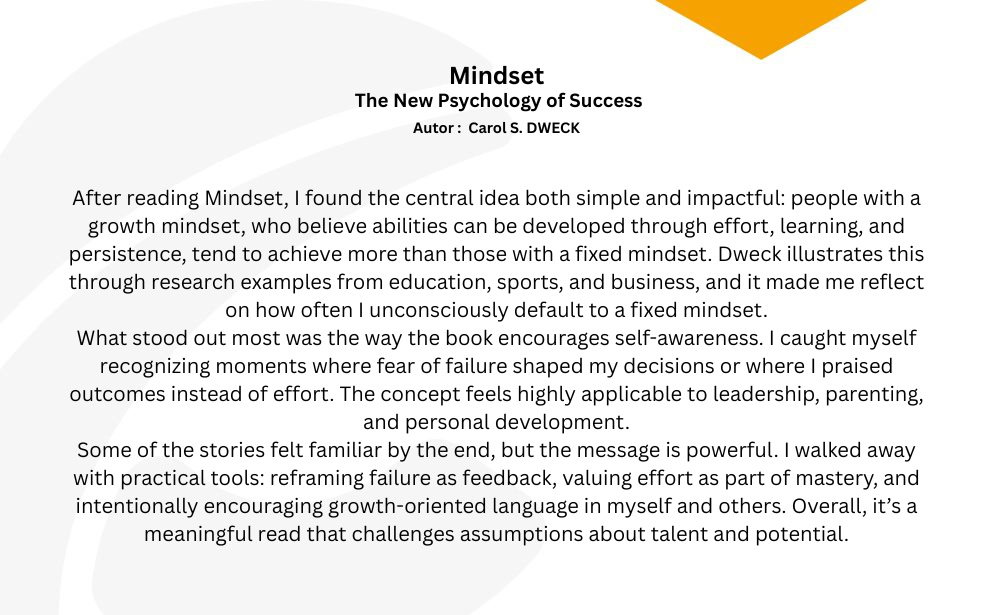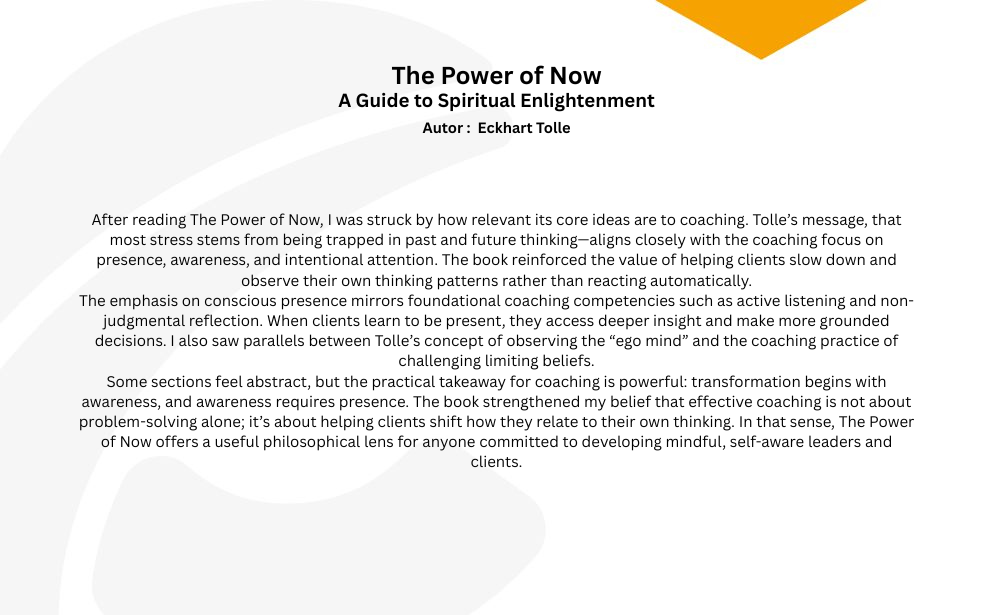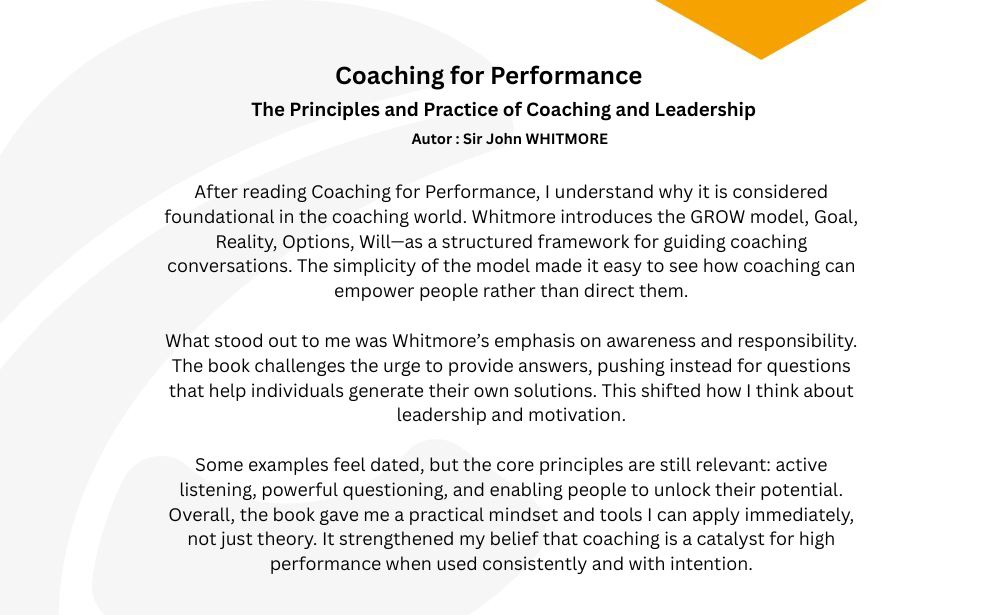
Key Principles for Impact and Growth
Life coaching is more than just giving advice, it’s about guiding people toward personal growth, clarity, and success. A great life coach helps clients navigate challenges, set and achieve goals, and unlock their full potential. If you’re looking to excel in this field, here are the essential qualities and strategies to become a successful life coach.
Developing Deep Self-Awareness and Emotional Intelligence
Before you can effectively coach others, you need to understand yourself. A successful life coach has strong emotional intelligence (EQ) and self-awareness, allowing them to navigate their own emotions while helping clients manage theirs.
How can you work with yourself:
- Regularly practice self-reflection and self-assessment.
- Learn to recognize emotional triggers and biases.
- Cultivate empathy and active listening skills.
Mastering the Art of Communication
Communication is at the heart of life coaching. Your ability to ask powerful questions, actively listen, and offer clear guidance determines your effectiveness. Good coaches listen to the feelings beneath the thoughts; they create space for clients to express themselves and uncover their own insights.
Be ready for your client:
- Practice deep listening, focus fully on the client without interrupting or thinking about your response.
- Ask open-ended questions that encourage self-discovery.
- Learn non-verbal communication cues to better understand your clients.
Adopt a Coaching Mindset, not a Fixing Mindset
A Coach’s role is to guide, not to “fix” people. You’re not there to solve all their problems but to help them develop the tools, mindset, and confidence to do it themselves.
Focus on self-discovery:
- Shift from giving direct advice to facilitating self-discovery.
- Trust that your clients have the ability to create their own solutions.
- Help clients reframe limiting beliefs instead of telling them what to do.
Build a Strong Coaching Framework
While each coaching session is unique, having a structured process helps provide consistency and measurable results. A great coaching framework includes goal-setting, action planning, accountability, and progress evaluation.
Be authentic:
- Develop a structured coaching methodology tailored to your niche.
- Set clear expectations and goals for each session.
- Use tools like journaling, visualization exercises, or personality assessments.
Niche Down and Know Your Ideal Clients
Trying to coach “everyone” dilutes your effectiveness. The most successful coaches specialize in a specific niche, whether it’s career coaching, relationships, mindset transformation, or any other niche coaching topics.
Focus on your own Niche:
- Identify the type of clients you are most passionate about helping.
- Clarify the biggest challenges and goals your ideal clients face.
- Tailor your coaching approach and messaging to reach out to them.
Keep Learning and Growing
The best coaches never stop learning. Continuous education ensures you stay relevant and provide the best possible service to your clients.
Learning never stops:
- Take courses on coaching techniques, psychology, or personal development.
- Read books related to coaching and personal development
- Work with a mentor or join a coaching mastermind group.
Creating a Strong Online Presence
To attract clients, you need visibility. A strong online presence helps establish credibility and allows potential clients to connect with your coaching style.
Active use of social media:
- Build a professional website with testimonials, blog posts, and coaching services.
- Share valuable content on social media (Instagram, LinkedIn, YouTube, etc.).
- Offer free resources like webinars, eBooks, or challenges to engage your audience.
Developing a Business Mindset
Being a great coach isn’t enough; you need to think like an entrepreneur. Successful coaches know how to market their services, attract clients, and create sustainable income streams.
Drive your own business:
- Set clear pricing for your coaching packages.
- Learn marketing and sales strategies for coaches.
- Offer multiple coaching options (one-on-one, group coaching, workshops).
Stay Authentic and Build Trust
People work with coaches they trust. Authenticity, integrity, and transparency are crucial for building long-term relationships with clients.
Create a trust between your client :
- Share your own journey and struggles to make your coaching relatable.
- Be honest about what coaching can and cannot do.
- Always prioritize the client’s best interests over making a sale.
Keep Clients Accountable and Motivated
A successful life coach doesn’t just inspire; they help clients stay accountable for their goals. Your role is to keep them on track, celebrate progress, and push them when necessary.
Motivation is everything:
- Set clear, measurable goals with clients.
- Check-in regularly and adjust strategies as needed.
- Celebrate small wins to keep motivation high.
As a conclusion, becoming a successful life coach isn’t just about having knowledge; it’s about connection, strategy, and ongoing personal growth. When you commit to your own development, build meaningful relationships, and provide real value, you’ll not only help clients transform their lives but also create a fulfilling career for yourself.







